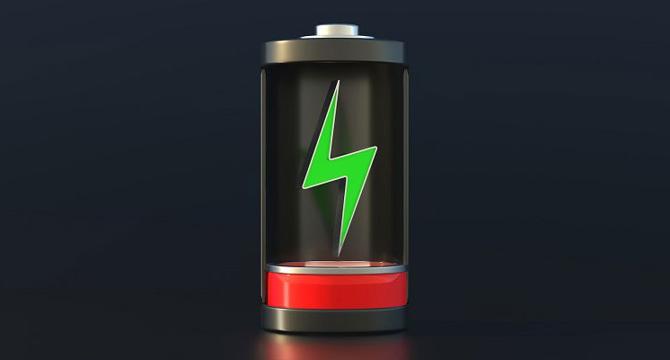Knowridge
2d
11

Image Credit: Knowridge
EV batteries may last years longer than expected, thanks to real-world driving habits
- A study from Stanford University and the SLAC National Accelerator Laboratory reveals that electric vehicle (EV) batteries may last up to 40% longer in real-world driving conditions compared to lab tests.
- Traditional lab tests do not accurately reflect how EV batteries are used in everyday life, but real driving habits like starts, stops, and resting periods actually contribute to better battery health.
- Short bursts of acceleration, which were once believed to harm batteries, are found to slow down the aging process.
- Understanding how time affects battery life can help manufacturers improve battery management systems and design batteries that last longer.
Read Full Article
Like
For uninterrupted reading, download the app